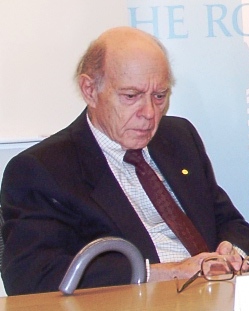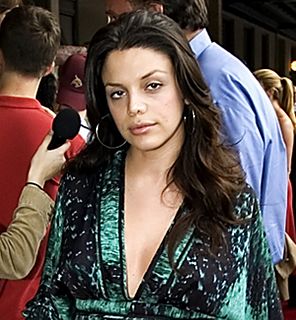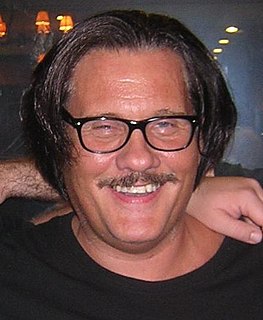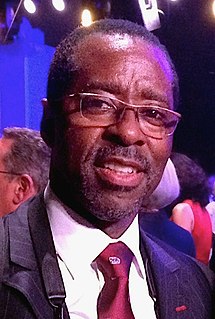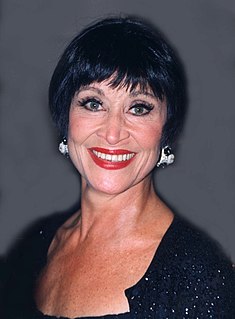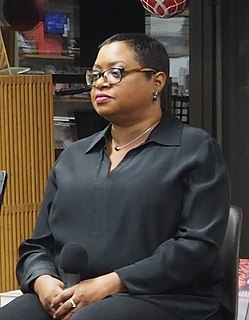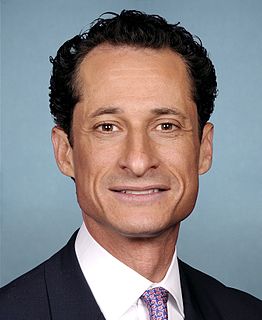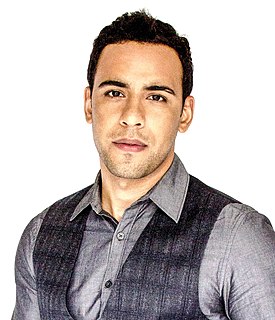A Quote by Irwin Rose
We left my birthplace, Brooklyn, New York, in 1939 when I was 13. I enjoyed the ethnic variety and the interesting students in my public school, P.S. 134. The kids in my neighborhood were only competitive in games, although unfriendly gangs tended to define the limits of our neighborhood.
Related Quotes
If you have an all-white neighborhood you don't call it a segregated neighborhood. But you call an all-black neighborhood a segregated neighborhood. And why? Because the segregated neighborhood is the one that's controlled by the ou - from the outside by others, but a separate neighborhood is a neighborhood that is independent, it's equal, it can do - it can stand on its own two feet, such as the neighborhood. It's an independent, free neighborhood, free community.
The public schools in our neighborhood were so bad that the teachers in the school said you shouldn't send your kids here. My mother called around and found a school that was willing to give both me and my brother scholarship money. It's a classic story about black parents wanting more for their kids than they had for themselves.
In my neighborhood - West 121st Street in New York, "white Harlem" - there were only two drugs: smack and marijuana. By the time I was 13, some friends and I were using marijuana fairly regularly. The Reefer Madness myth was still very strong then, but I'd been into jazz and those lyrics included so many casual references to pot that it was completely demystified for me.
I grew up with a pretty tough mom. She was a self-appointed neighborhood watchdog, and if she saw that any of the local boys were up to no good, she would scold them on the spot. Although she is only 5 feet 2, she was famous in our neighborhood for intimidating men three times her size and getting them to do the right thing.
Such poverty as we have today in all our great cities degrades the poor, and infects with its degradation the whole neighborhood in which they live. And whatever can degrade a neighborhood can degrade a country and a continent and finally the whole civilized world, which is only a large neighborhood.
One thing I had on my side when it came to How to Make It in America is that I'm a born-and-raised New Yorker. Filming in New York... I'm so thankful and humbled by the whole experience. A lot of it takes place in old neighborhood; I'm an East Village kid, so I get to see my old friends from the neighborhood, my family still lives there.
